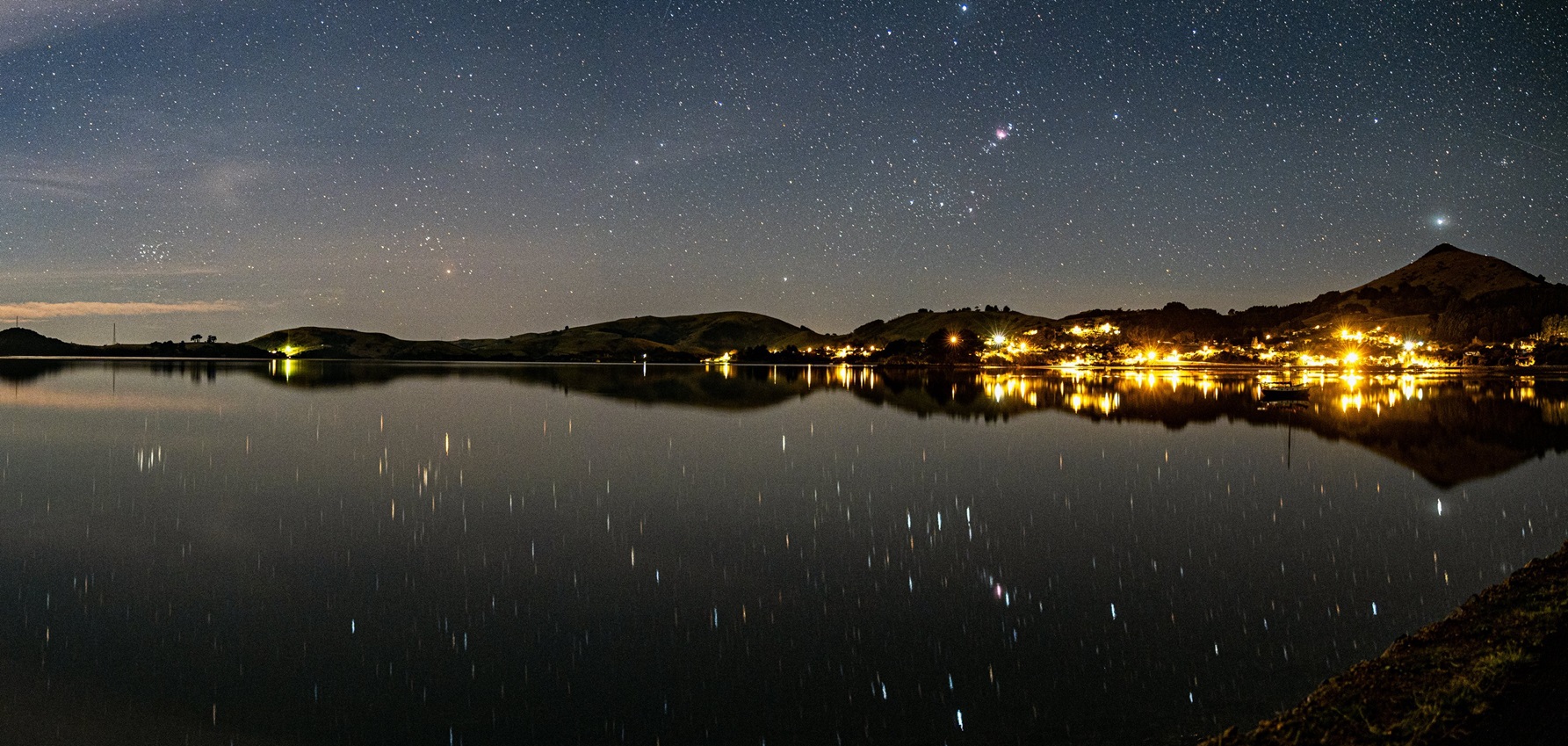
Matariki — known to astronomers as the Pleiades star cluster — is a little bundle of stars that appears low in the northeast sky just before sunrise at this time of year. For Māori, its heliacal rising — its first appearance above the horizon at dawn — marks the beginning of the new year, a time to remember those who’ve passed, give thanks for the harvest and set intentions for the months to come.
What moves me most is how Matariki reminds us that ancient people didn’t just look at the stars — they listened to them. They patiently watched out for patterns that repeated. The return of Matariki meant the shortest days were behind us. It was a celestial calendar, yes — but also a seasonal guide woven into the rhythm of planting, fishing, storytelling and remembrance.

Then I’ll head straight to the museum, where we’ll gather for our annual hautapu ceremony — an early morning karakia shared with whānau, colleagues and friends, honouring both tradition and community.
People sometimes ask why I bother getting up so early, especially in June. But watching Matariki rise isn’t just an act of stargazing. It’s an act of gratitude. A moment of connection — with the past, with this land and with skies that have spoken to people for centuries.
And besides, on a still Dunedin morning, with the stars above and below, there’s no place I’d rather be.












